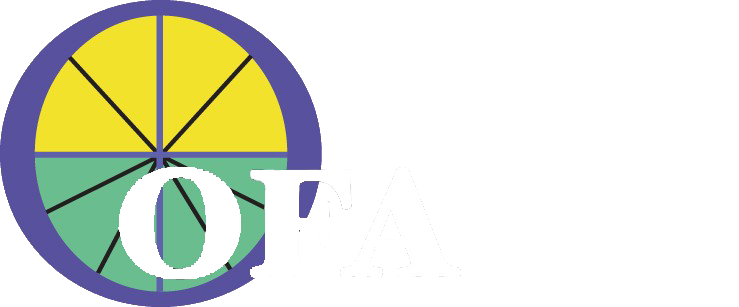On Wednesday, Feb. 21st. our source provided us with two ships scheduled to dock in Stockton, CA on about March 6. One cargo was organic grain, possibly mislabelled as organic corn and soybeans from Argentina. It was allowed to unload and we suspect it was feed wheat.
The second ship originating in Turkey had the same cargo makeup as similar ones previously rejected. OFARM provided information to USDA in a formal complaint on Feb. 21st
From our source on April 3rd, "Word today is the Turkey boat is being rejected by the usda. Importer is filing a objection. Not sure what that means"
The ship left Stockton, CA and is now anchored a mile and a half off in San Francisco Bay. It has been off the West Coast since late February meaning the demurage is running up the costs big time.
This is perhaps the third ship Acting AMS Administrator Bruce Summers was referring to when people met with him about two weeks ago.
Without OFARM providing USDA with the information, USDA would have probably missed it as well as the other two ships they found last fall. If we in OFARM can pin point the exact location of a ship and watch it, why can't USDA?
There are no additional ships with organic cargo listed to dock in Stockton, CA.
Now if USDA actually went looking instead of OFARM having to provide them with information, what might they find?
The Organic Farmers' Agency for Relationship Marketing (OFARM, Inc.) submits the following comments to the NOSB.
OFARM has been monitoring incoming shipments of organic grain since discovering our first shipload of supposed organic corn in late May 2016. In the almost two years since, OFARM along with Washington Post Investigative Reporter Peter Whoriskey in his May 2017 article on organic import fraud, has uncovered a total of 10 shiploads of organic corn and soybeans. There are probably many more. A total of 7 out of those 10 shipments have been shown to be fraudulent or a rate of 70%. USDA AMS has stated that they have identified 3 ships. In fact without OFARM providing the initial information, the chances are minimal that the agency itself would have found these ships. As former NOP Administrator Miles McEvoy stated, "We (i.e. NOP) don't track ships."
Those identified as fraudulent have mostly originated in Turkey which produces no organic corn or soybeans for export and in fact is a net importer of U.S. grain.
OFARM along with Food and Water Watch filed two formal complaints with USDA's Office of Inspector General (OIG), the latest May 17, 2017. The report concluded that AMS was unable to provide reasonable assurance that NOP required documents were reviewed at U.S. ports of entry to verify that imported agricultural products labeled as organic were from certified organic foreign farms and businesses that produce and sell organic products.
In an August 10, 2017 letter, AMS Acting Administrator Bruce Summers response to the OIG report, agreed to the nine recommendations for correction. AMS is required to take action within 1 year on each recommendation. When OFARM asked for an update in late February, 2018 on specific progress on this, the presentation made was less then reassuring. OFARM intends to hold AMS NOP accountable through its elected Senators and Congressional Representatives on these corrections. Simply agreeing with the OIG findings is one thing. Action to correct the problems is required.
NOP needs to take further actions regarding detection of organic fraud. The recent listings and warnings about fraudulent certificates by NOP in the recent issue of the Organic Insider are commendable. However, where there is a lot of smoke as these warnings indicate, there is also a big fire of undetected fraudulent shipments falling through detection.
NOP needs to begin examining captains logs on ships as this is a record of everything that happens to cargos including fumigation and what the cargo is. NOP needs to begin requiring examination of what cargoes are insured for. No insurance carrier is going to insure a conventional shipment of grain at organic rates. Insurance coverage would be one more indication of potential fraud. The ships records should also include use of prohibited subtances such as fumigants.
Another emerging issue is the credibility of the USDA Organic Seal. OFARM has received calls from writers for major consumer publications such as Good Housekeeping and others asking how consumers can be assured of organic integrity. The answer at the present time is that consumers can only be assured of U.S. grown grains as meeting the standards. This is causing immense damage to organic integrity. This is in addition to the NOP's lax oversight which has cost U.S. organic grain producers over $400 million.
OFARM is a farmer cooperative with five member cooperatives and organic grain and livestock producers in 19 states from Montana to Texas and Louisiana and Kentucky and Ohio and states in between.
OFARM's Executive Director, John Bobbe will be participating in a panel at the National Organic Standards Board meeting (NOSB) in Tucson, AZ on April 26, 2018 to discuss what needs to be done to stop fraudulent organic grain imports. The panel consists of certifiers and industry representatives to give their perspectives. OFARM will be the only organization selected to give organic grain producers perspective on the costs and damages.
